Thank You for Contacting Us! We will be in contact with you shortly.
Thank You for Contacting Us! We will be in contact with you shortly.
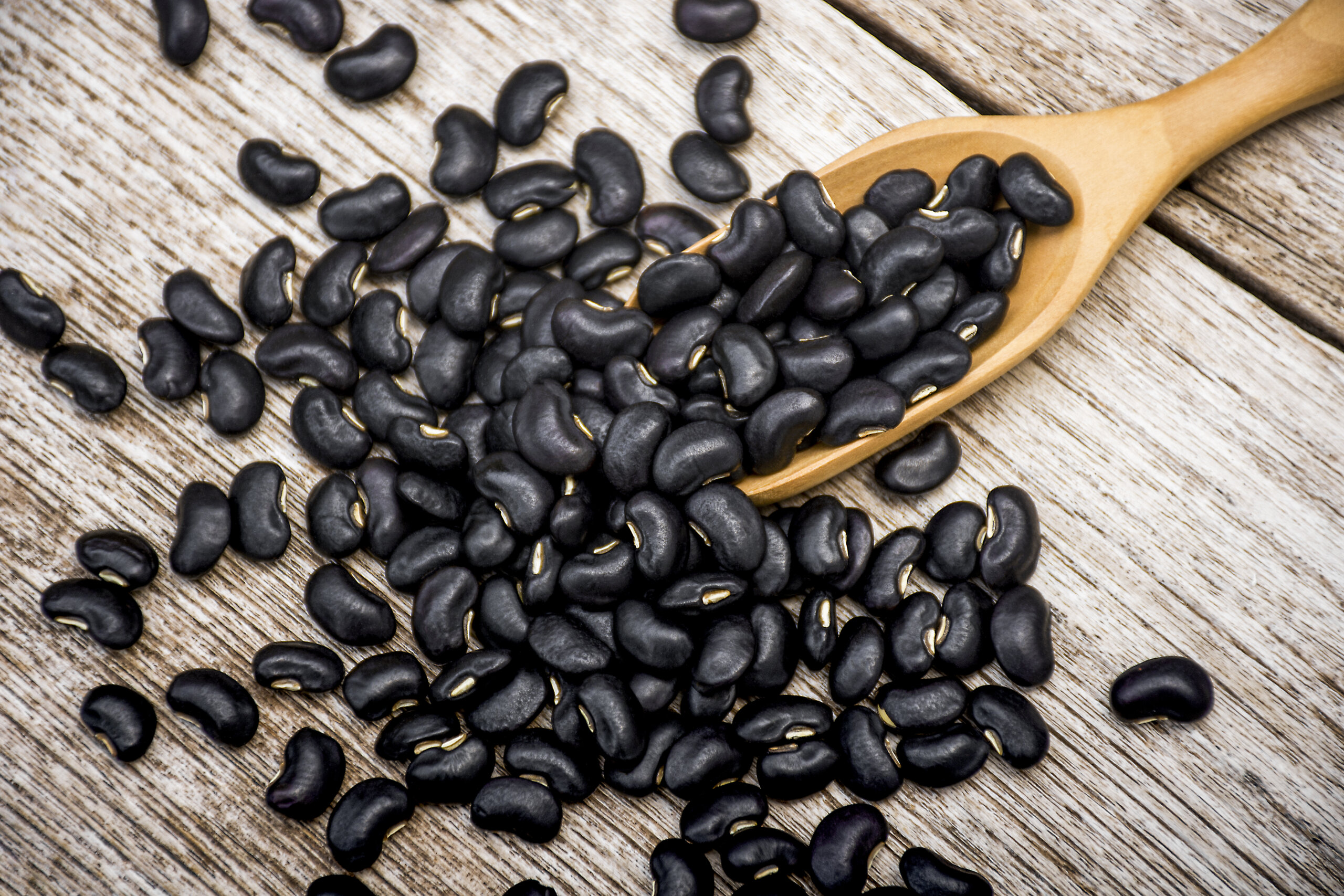

Argentina, Brazil, Guatemala, and Mexico are the main primary countries with high production of black beans. Statistics show Brazil on the top the list with over 495,000 MT on average production. It is further expected to increase this year for a total of 508,000 MT for the 3-crop period.
Mexico follows with over 373,000 MT and projected to increase at 504,000 MT this year. Guatemala produces over 251,000 MT which is expected to maintain the same values at the end of this year. This projection was affected by the heavy tropical storm that hit the country early this year.
2020 is a challenging year for Argentina, especially for black beans production. The volumes produced are slightly over 168,000 MT; however, the numbers are expected to decrease by the end of the year. On a good note, Argentina has the edge of supplying Venezuela and Cuban’s demand since China is becoming less active in exporting black beans.
Tucuman, Santiago del Estero, and Salta are the main provinces that grow beans and earlier this year these areas were affected by dry spells and frosts, which decreased the yields of black beans. Due to this crisis, 5% of the planted area was affected, which caused an average of 25% waste during the processing. Consequently, the average yield of black beans at 1,200 – 1,300 kg/hectare is expected to decrease for approximately 24% compared to last year’s yield.
Brazil, Mexico, and Guatemala’s produce are mostly diverted to national consumers while most of Argentina and other black bean producers like China, the US, and Canada, export their products all over the world every year.
TradeLink Sourcing
The black beans range from 3.5mm to 4.5mm and pass through a grading system of Grade I, Grade II, Off Grade, Split, and Feed to assure highest quality. With our Boots on the Ground, Tradelink guarantees full traceability of its products from Farm to Fork, reaching worldwide quality standards.
Quality Assurance
We are also active in taking preventive measures to avoid any type of event which may cause quality issue or delays in customer supply. To ensure the product stands up to your requirements, we don’t take anything for granted. The product is inspected and analyzed by a reputable third party laboratory to ensure the product matches or exceeds the specifications agreed to.
Packaging
Packaging is typically in 25 kg multiply paper sacks labelled with product description, weight, organic certification, and certifications. We can also provide Retail/Own Brand packaging with personalized labels.
[su_button url=”https://www.linkedin.com/company/tradelink-sa” target=”blank” style=”flat” background=”#A23643″ radius=”7″ icon=”icon: book” desc=”Keep Updated with our Latest News!”][/su_button]
[gravityform id=”38″ title=”false” description=”false” ajax=”true” title=Black Bean Enquiry Form”]
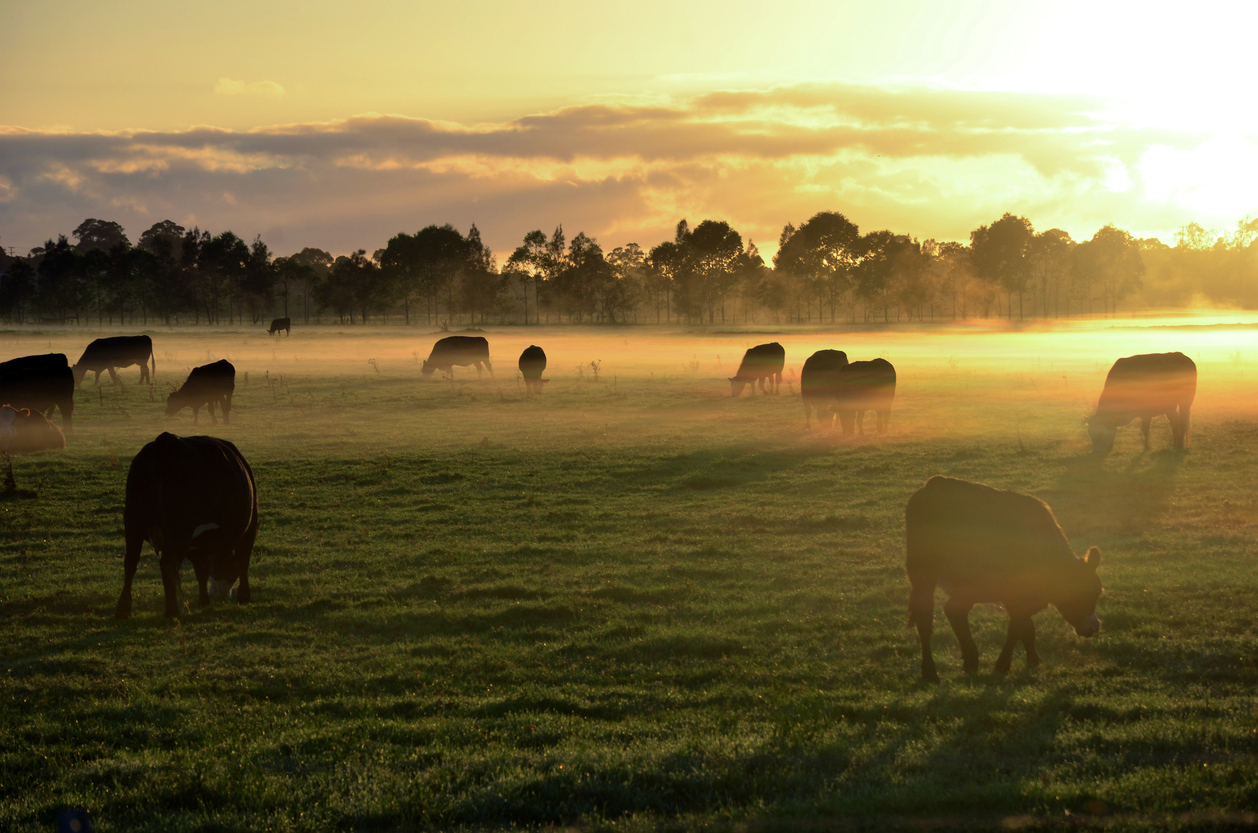
Being a component of modern agriculture that has been practiced in many cultures, animal production is unlikely to present shortages in the near future. Most livestock farming practices have shifted to intensive animal farming, therefore milk and pig production are automated to a large extent and fodder has been purchased over the winter.
Some farms are still using their stock of silage, grain and maize.
However, here we see a stronger dependence on deliveries of fodder based on soybeans and other feed components. Much will be determined by the fodder industry’s ability to produce and deliver in the weeks ahead.
We don’t see a need to assume a large-scale systemic problem, however the main bottleneck is the trade and deliveries of fodder, and the imports of soybeans from Latin America and possibly other feed substances.
To sum up the perspective of this season, for the large part crop and animal production may only be affected by the coronavirus crisis in isolated cases, for example if a farming household gets infected. The situation of food markets should be stable and even harvests this year will not substantially decrease – especially given the poor yields from the two last seasons in Germany due to drought.
Imports into the EU from the Rest of the World
# Product Quantity in tonnes
1 Cake, soybeans 18,553,851
2 Soybeans 14,473,475
3 Maize 12,006,633
4 Oil, palm 6,637,016
5 Wheat 5,531,324
6 Bananas 5,431,240
7 Rapeseed 3,282,835
8 Coffee, green 2,963,002
9 Sugar Raw Centrifugal 2,235,061
10 Cake, palm kernel 2,191,698
11 Rice – total (Rice milled equivalent) 1,824,760
12 Cocoa, beans 1,665,934
13 Oil, sunflower 1,408,231
14 Oil, palm kernel 694,316
15 Oil, coconut (copra) 512,345
16 Beans, dry 473,184
17 Avocados 445,205
18 Barley 339,433
19 Oil, soybean 301,960
20 Cake, rapeseed 256,048
Self-Sufficiency Ratio for grain production in the EU (2018/19) – %
Soft Wheat 108
Barley 120
Durum Wheat 90
Maize 84
Rye 94
Sorghum 92
Oats 99
Triticale 99
Grain total 101
For more information on the products we can supply, please email sales@tradelinksa.com, or click here to see our website!
[su_posts id=”3751″ posts_per_page=”1″ tax_term=”12″ order=”desc”]
Our links with Australia and Argentina have been going for over 24 years now, and with Argentina being the second largest highly diversified economy in South America, agribusiness is a sector in which Argentina and Australia are natural partners.
Australia’s 2019-20 wheat harvest will be the smallest in over a decade, businesses are seeking to import certain classes of bulk grain from overseas. This grain is then processed into stockfeed and milling products.
Bulk grain imports have historically been sought for a variety of commercial reasons. This includes supplementing short supplies of domestic grain during drought periods
Australia is unlikely to produce the large volumes of the high protein wheat required, however this will depend on rainfall received between now and the end of autumn (May 2020) are expected to continue falling as the country battles multi-year drought and water issues.
Australia has strict requirements and a long-established policy to ensure that importing bulk grain, that’s where Argentinas primary sector – internationally renowned for its high productivity levels and use of advanced technologies – comes to help with the supply needs.
New Zealand and Argentina have a long history of agricultural cooperation, including advocacy for freeing up global agricultural trade and promoting sustainable agricultural production. New Zealand promotes trade and farm expertise with Argentina, grain production and trade dates back to the late 1880s and early 1900s when large areas of wheat were grown for the fledgling flour milling and baking industry.
Total grain and feed (including oil-seed meal) consumption in New Zealand is currently estimated at around 5.8 to 5.9 million metric tons (MMT) – with approximately 63 percent of the total grain and feed supply being imported – and the dairy sector accounts for nearly 75 percent of grain and feed consumption.
The New Zealand grain and seed industry operates in a totally free economy. It has no import or export tariffs, exchange controls or government interference. Argentina has a wealth of natural resources, and we are happy to be your quality assured supply option. Please email sales@tradelinksa.com for more information!
Stock Footage by <a href=”http://videezy.com/”>Videezy!</a>
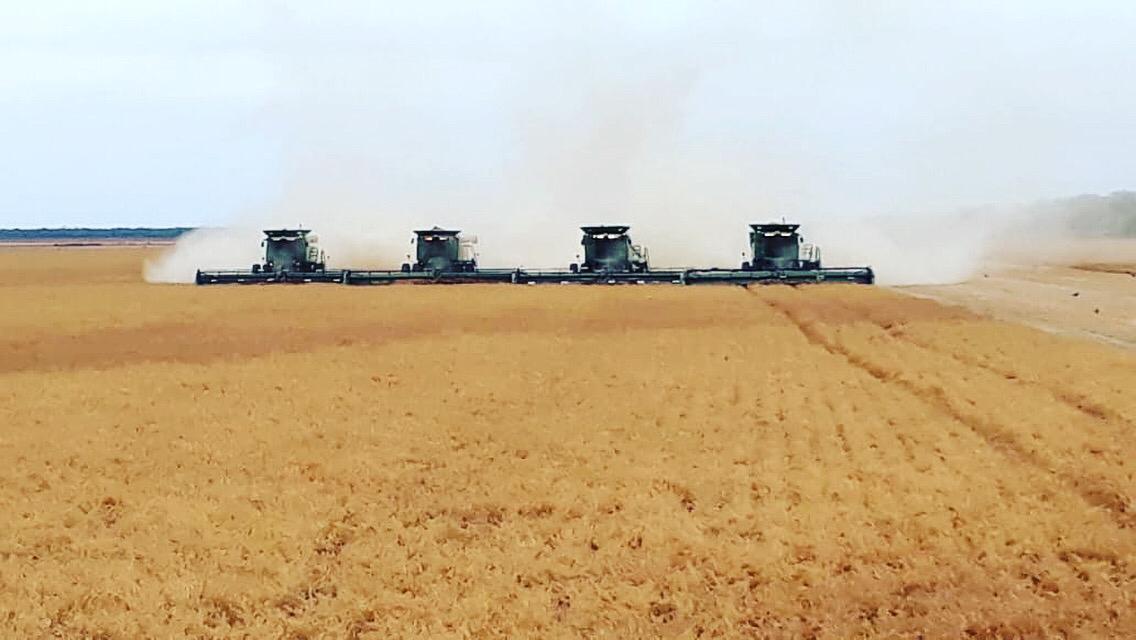
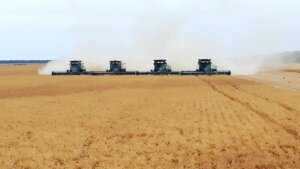 Being one of the worlds largest exporters of beans, Argentina exports to more than 90 countries. Counting all legumes, including navy, cranberry, mung, and black beans, there are more than 15 varieties sent around the world.
Being one of the worlds largest exporters of beans, Argentina exports to more than 90 countries. Counting all legumes, including navy, cranberry, mung, and black beans, there are more than 15 varieties sent around the world.
Chickpeas are sold to the consumer dry or tinned and in the industry can be used as a flour for manufacturing products like pasta and baked snacks or used whole in ready meals, soups and salads. They are also often sold whole, dry, with coatings of different types, both sweet and savoury.
To generate improvement of the Argentine chickpea, as of January 2020 the National Seed Institute issued a resolution stating that the Chickpea Seed must be marketed with the Identified category. Researchers are also working on the development of chickpea varieties with higher yields, better quality and tolerance.
Argentinas strength is the recent higher-level technical and productive potential for agro-industrial and export development, and also the diversification of the basket of products available.
We are happy to offer Organic and Conventional Chickpeas, available in A Grade, Milling Grade, Decorticated and Chickpea flour. Please email sales@tradelinksa.com for more information!
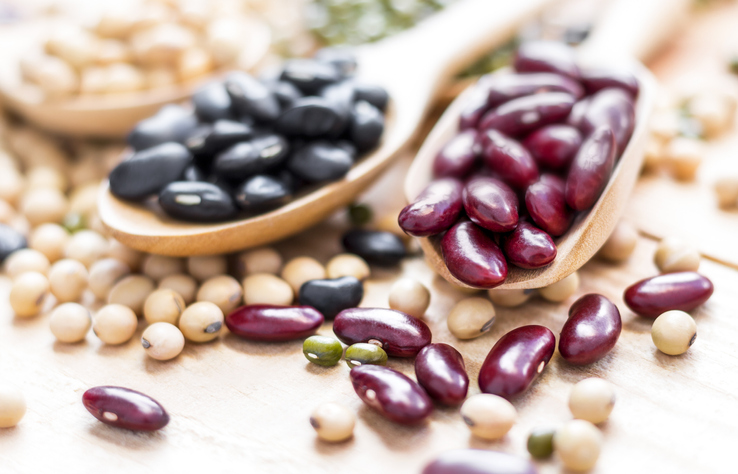
Grown in different regions of the country, Argentina produces a variety of pulses, including peas, garbanzo beans, and a variety of beans (white, black, red, cranberry, and mung).
Advances in science and technology have opened new opportunities to transform Argentinas agricultural activity and generated conditions to develop more diversified production schemes. With 95% of the production being exported to over 90 countries, cultivation of beans and legumes maintain the quality and mineral balance of soil and they have an important role in nutrition and global food security.
We believe quality starts in the fields and our supply lines are carefully monitored and tested.
Pulse Exports 2016 – 2019
Tradelinks bean crops will be available as of June so we are currently closing contracts with our loyal customers!
Please see the range we can offer below:
• Cranberry Beans
• White Kidney Beans
• Light Red Kidney
• Dark Red Kidney
• Black Beans
• Chickpeas
• Mung Beans
Also available from partner growers is lentils, pinto, navy and other beans and pulses.
Looking forward to hearing from you! Please email sales@tradelinksa.com
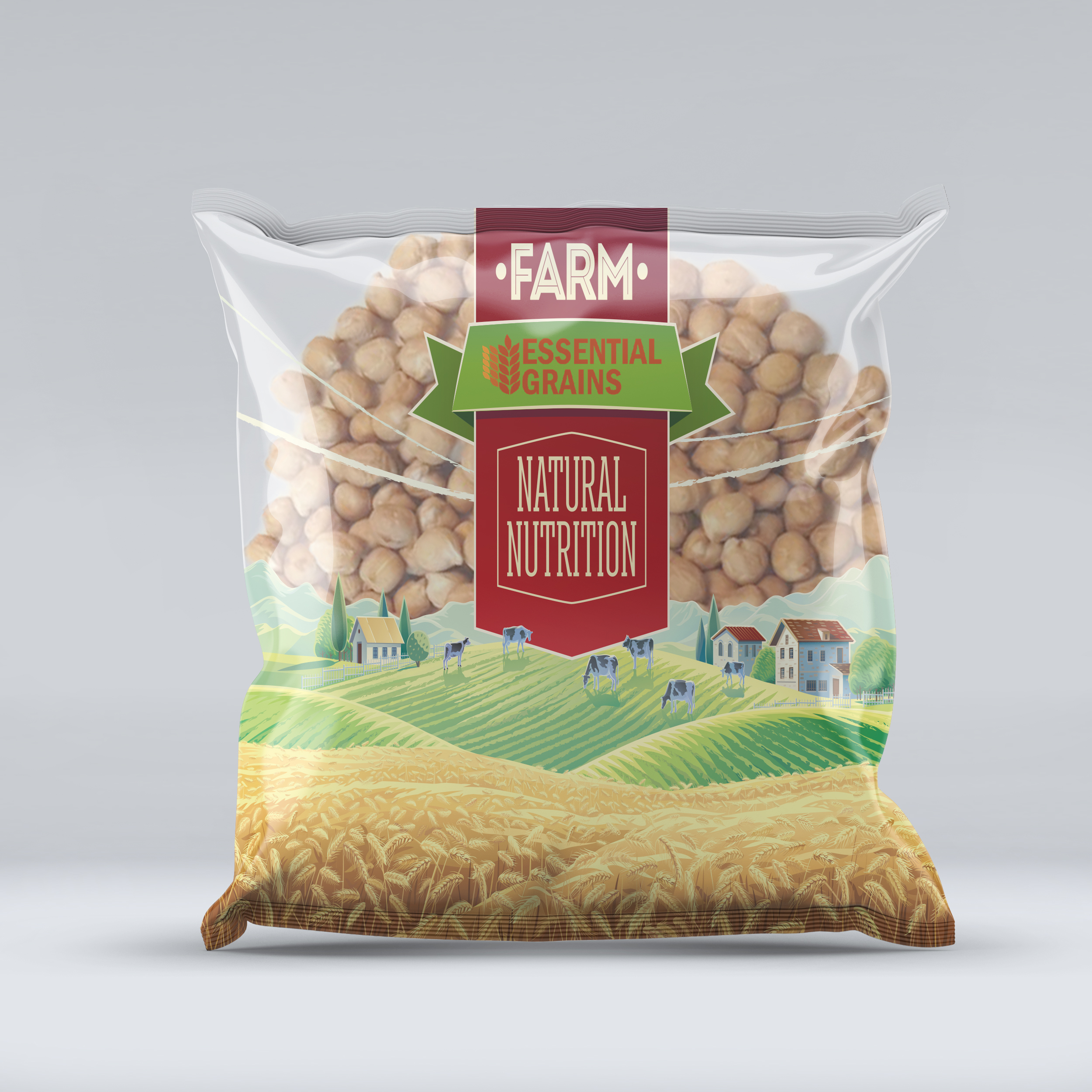
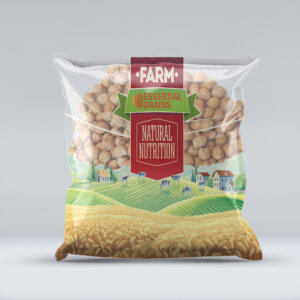 The demand for beans and pulses has witnessed a surge over the past few years, and we are happy to be able to offer a new presentation of 500gr to 5kg food service bags.
The demand for beans and pulses has witnessed a surge over the past few years, and we are happy to be able to offer a new presentation of 500gr to 5kg food service bags.
Retail Packing creates a space for your customer to advertise, making their brand easier for consumers to find. Also known as shelf-ready packaging, it is as straightforward as placing them on the shelf, keeping the products neat and tidy at the same time. Retail packing doesn’t just benefit the retailers. The simplified transition process from warehouse to shelf means better in-stock availability for suppliers. It will also help create a positive brand image for your retail industry.
We have organic and conventional chickpeas, we also have decorticated (peeled) chickpeas for those that want to save the laborious task of peeling them when making many ethnic dishes such as hummus.
Other Beans & Pulses:-
Black Beans
Cranberry
Dark Red
White Kidney
Light Red
Mixed beans
Split peas
Whole Peas
TradeLink International believes quality starts in the fields, and we have full traceability of its products entirely complying with the customers’ demands.
Certified Gluten Free, Kosher Certification, SGS Certified.
We look forward to hearing from you, please email sales@tradelinksa.com for more information!

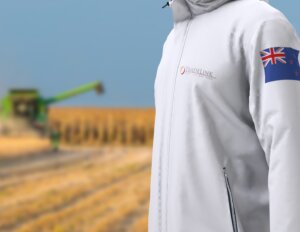 Coronavirus has already delivered a heavy blow to the business sector, sending global markets reeling and many businesses around the world counting costs but as demand for healthy and reliable foods continues to remain strong we are committed to keeping the supply chain running smoothly.
Coronavirus has already delivered a heavy blow to the business sector, sending global markets reeling and many businesses around the world counting costs but as demand for healthy and reliable foods continues to remain strong we are committed to keeping the supply chain running smoothly.
TradeLink has a longstanding remote working policy and encourages all staff to do so on a regular basis. We also encourage paperless processes, therefore our phone systems, electronic communication systems and business management software will function uninterrupted even if it becomes impossible to operate at any of our offices in South America and Australasia. With 50% of our current workforce already working remotely on a permanent basis, we are experienced in running our business in this manner and we do not foresee any changes in our operations.
We are happy to hear from you by phone (+54 11 5235 7858), email (sales@tradelinksa.com)
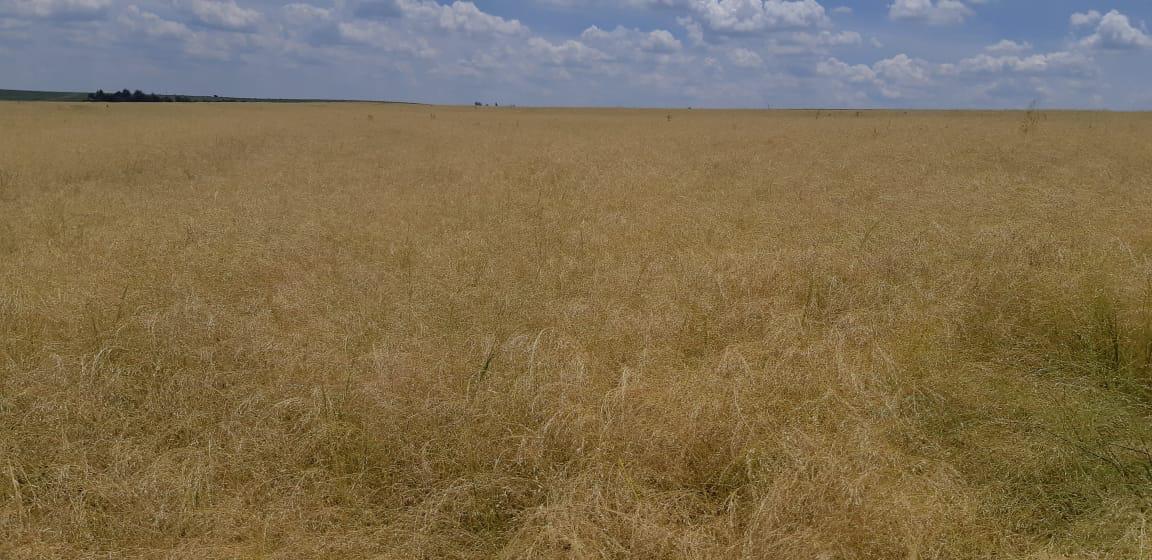
We are pleased to inform you that our 2020 teff crop has just been harvested and cleaned this week! Being one of the smallest grains in the world, teff is a labour-intensive crop and requires significant soil preparation to ensure even sowing and proper seed depth.
Teff has excellent qualities and nutritional values. Being a multipurpose crop, it is used in bakeries, alcoholic drinks, baby foods and also for animal feed. While teff is great for Injera (the famous Ethiopian sourdough flatbread), it also allows for more options in gluten free baking. Our white teff is also available where extra whiteness is desirable.
Being a global supplier of teff, we strive to make this difficult grain a commercial reality for suppliers and users around the world, especially those catering to the gluten free market. Please contact sales@tradelinksa.com for more information!
South America is appearing to unravel, with poverty and income continually in decline.
Some of the issues of the current situation started following a corruption scandal when the President Martín Vizcarra closed the Peruvian Congress on Sep. 30. This resulted in violent protests against the end of gas subsidies, forcing Ecuadorian President Lenín Moreno to abandon first the capital and then his policy. By mid-October, huge student protests started against a transportation hike. President Sebastián Piñera’s declaration of a state of siege worsened the Chileans anger, thereby expanding both protests and the scope of their demands. After four weeks, the government had to accept a plebiscite for establishing a new constitution, which had become the main demand of protesters.
The Presedential elections in Argentina ended with the Peronist candidate Alberto Fernández winning in the first round in Argentina.
Chile’s call to a constitutional reform may be a hopeful test of how can institutions resolve the anger. The coup in Bolivia suggests a less hopeful road to deal with such uncertainty.
Ecuador’s president, Lenín Moreno, has struck a deal with indigenous leaders to cancel a disputed austerity package and end nearly two weeks of protests that have paralysed the economy and left seven dead. Some of the demands included higher taxes on the wealthy and the firing of the interior and defence ministers.
Argentina has a rocky history with the International Monetary Fund (IMF). When Fernández took office in December 10, he inherited an economy in recession and in the middle of a debt crisis, with increasing inflation and poverty levels.
What will the government’s plan for success consist of? Among other issues, the top turning points he is concentrating on is stabilizing the exchange rate, reducing inflation and avoiding hyperinflation, negotiations with the IMF, and Aid for the needy, development of small- and mid-sized companies (PYMES) and consumption.